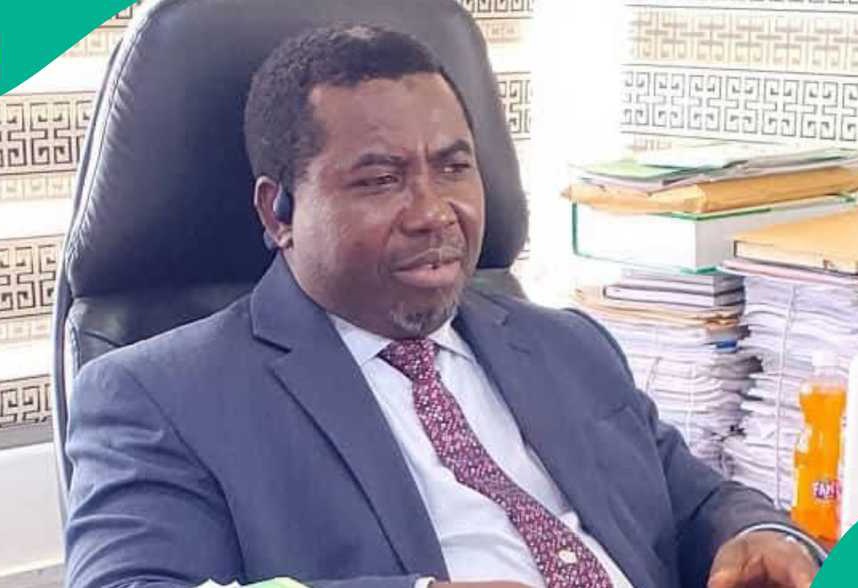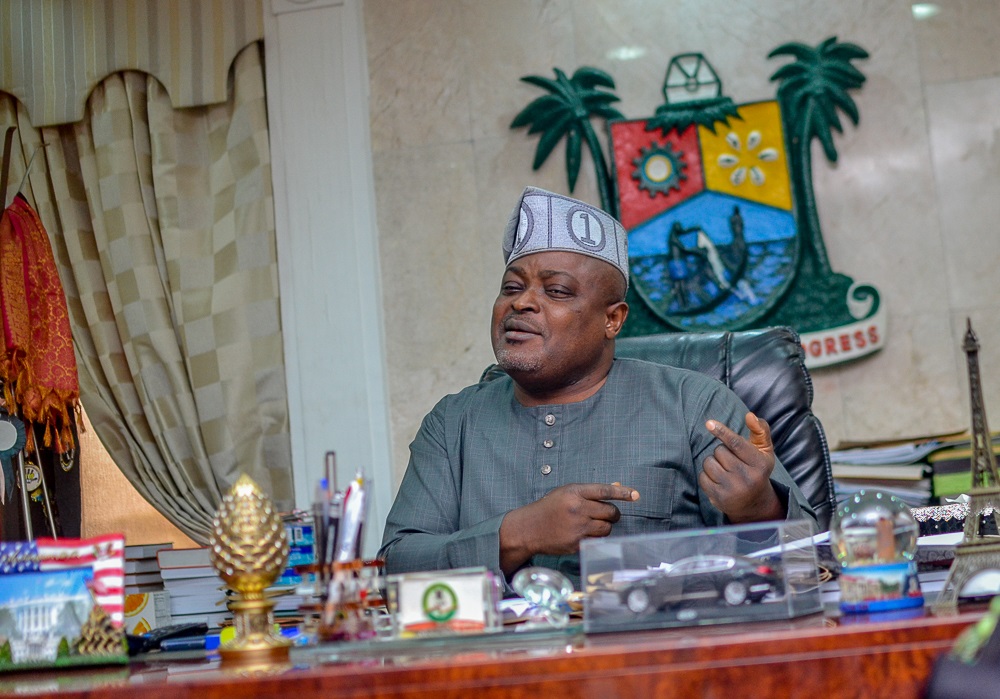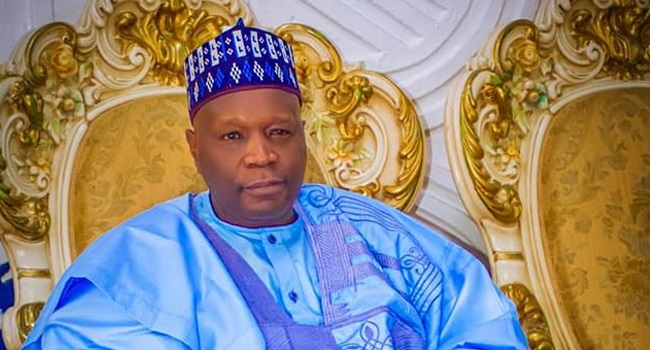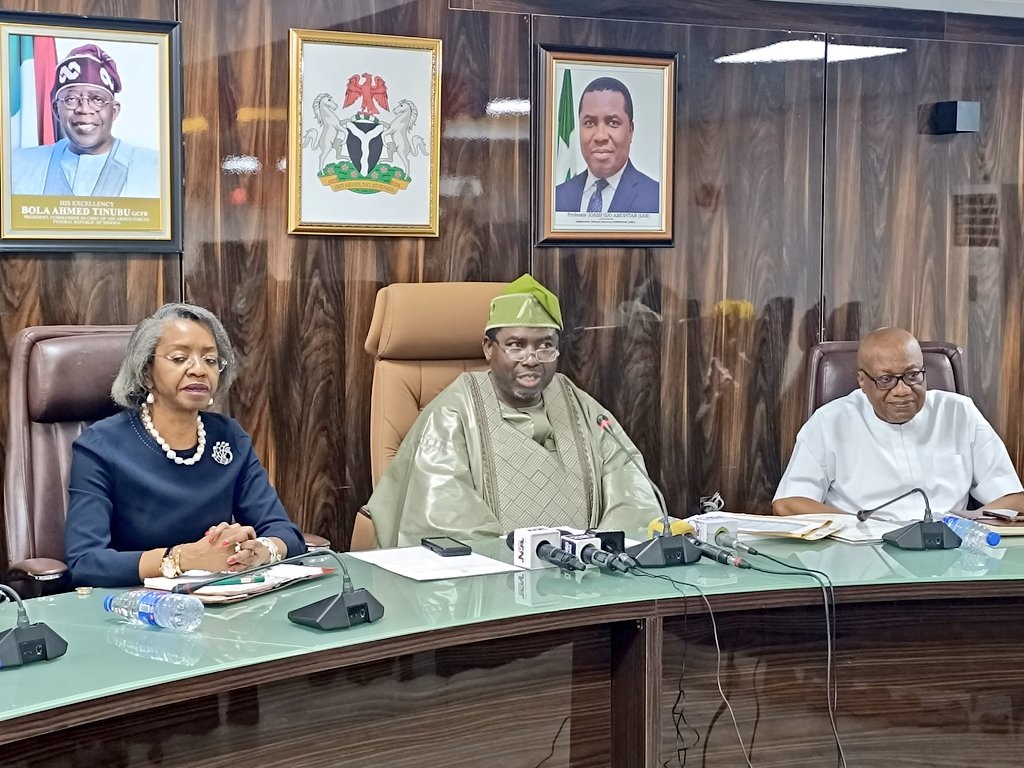The Chairman of the Independent National Electoral Commission (INEC), Prof. Joash Ojo Amupitan, has stated that the deployment of the Bimodal Voter Accreditation System (BVAS) has successfully addressed the long-standing problem of identity theft in Nigeria’s elections.
Speaking at the 2025 Digital Nigeria International Conference and Exhibitions in Abuja, organised by the National Information Technology Development Agency (NITDA), Amupitan, represented by INEC National Commissioner Mrs. May Agbamuche-Mbu, described BVAS as a “foolproof mechanism” for voter verification, effectively ending multiple voting and impersonation.
Citing the recent Anambra Governorship election, he noted that all 6,879 BVAS devices performed excellently, with over 99 per cent of polling unit results uploaded to the INEC Result Viewing (IReV) portal on election day. “The figure announced at the polling units is the same figure visible to the public. Technology has safeguarded the vote,” he said.
Amupitan explained that prior technologies, while innovative, lacked legal backing and left INEC exposed to challenges during tribunals. The Electoral Act 2022, particularly Section 47(2), now provides statutory protection for digital devices, giving them both operational and legal legitimacy. This, he said, has strengthened public trust and allowed the Commission to innovate confidently.
Acknowledging ongoing challenges, he said connectivity in remote areas remains a logistical hurdle, noting that 176,846 polling units are located in swamps, mountains, and other difficult terrains. “A tool like the BVAS is only as good as the network it runs on,” he said, assuring that INEC will continue to work with the Nigerian Communications Commission and network providers to improve access while exploring alternative technologies.
Rejecting calls to revert to manual accreditation, Amupitan emphasised that the gains achieved through technology are too significant to reverse. He outlined plans to not only maintain the current systems but also upgrade them for more seamless election processes.
“The ‘ghost voter’ practice is now a thing of the past, and the Commission has no intention of looking back. Our mission is simple: to ensure that every eligible voter is accurately verified, every vote is properly counted, and every result is transparently shared. Technology has helped us secure these foundations of democracy,” he concluded.





